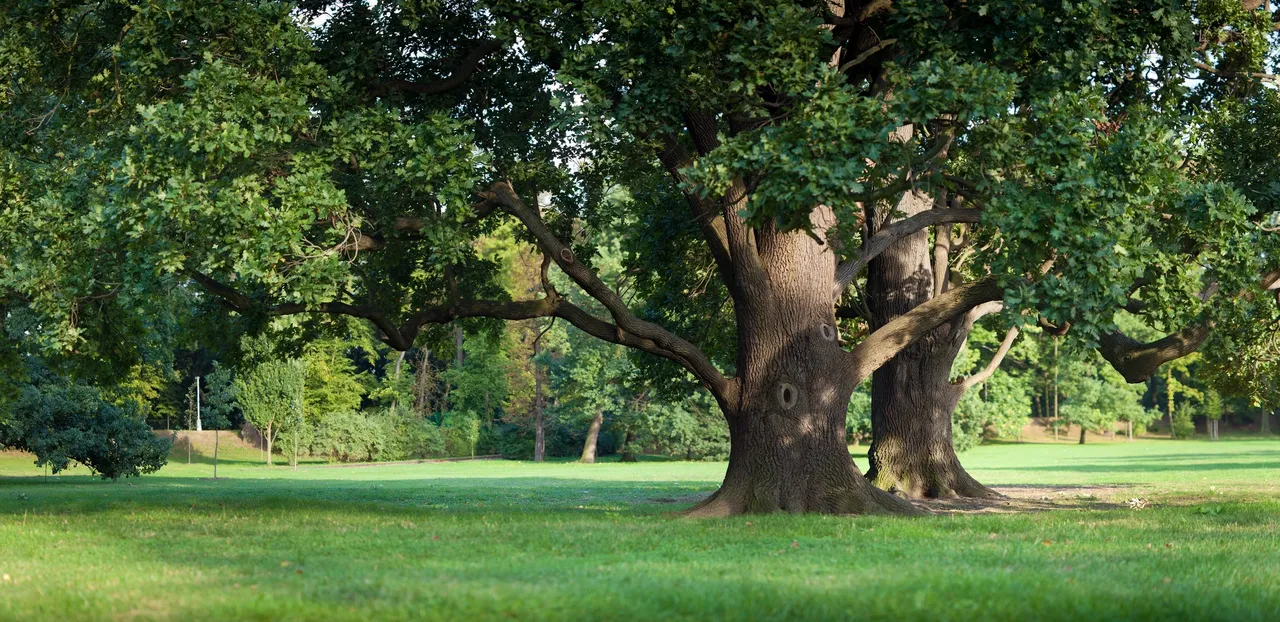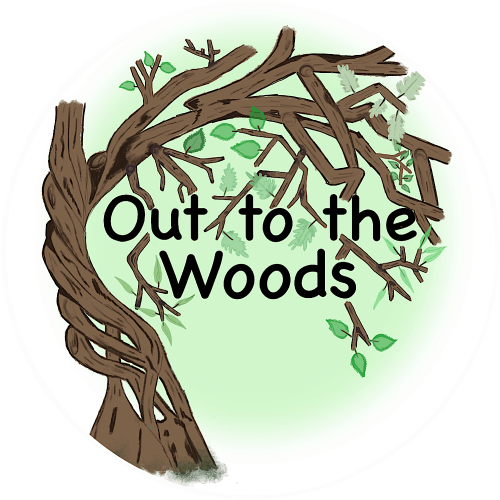
What is Forest School?
About Forest Schools
“Forest School is an inspirational process that offers ALL learners regular opportunities to achieve, develop confidence and self-esteem, through hands on learning experiences in a local woodland or natural environment with trees.”
Forest School is a specialised approach that sits within and compliments the wider context of outdoor and woodland learning.
Forest School Association
Where did Forest school start?
It is 25 years since Forest School sessions began in the UK – introduced by a group of educationalists from Bridgwater College in Somerset. They had visited a Danish forest kindergarten or ‘skovbørnehave’ and were so impressed with what they saw that they decided to develop and implement a similar program of their own back in the UK. One of the original visitors, Jane Williams-Siegfredsen, wrote in an article for Teach Early Years, that she was:
“totally bowled over by what (she) saw – children free to roam the wooded area beside their kindergarten. The youngsters were confident and competent in their play, climbing trees and imaginatively making up games using the natural materials around them”
Back in the UK, Williams-Siegfreidsen and her colleagues set about creating a “forest school” at Bridgewater College children’s centre; she notes that the concept soon took off and Forest schools began appearing all over the UK: in Wales since 1999; Scotland since 2003 and across England from the early 2000s. It is worth noting that the term Forest school is a loose translation of the Danish concept which has many different names including ‘skovbørnehaver’ (forest kindergartens), ‘skovegrupper’ (forest or wood groups), ‘naturbørnehaver’ (nature kindergartens).
Forest School Principles
- Forest School is a long term process with frequent and regular sessions in a local natural space, not a one-off visit. Planning, adaption, observations and reviewing are integral elements.
- Forest School takes place in a woodland or natural wooded environment to support the development of a relationship between the learner and the natural world
- Forest School aims to promote the holistic development of all those involved, fostering resilient, confident, independent and creative learners
- Forest School offers learners the opportunity to take supported risks appropriate to the environment and themselves.
- Forest School is run by qualified Forest School Practitioners who continuously develop their professional practice.
- Forest School uses a range of learner centered processes to create a community for development and learning.
